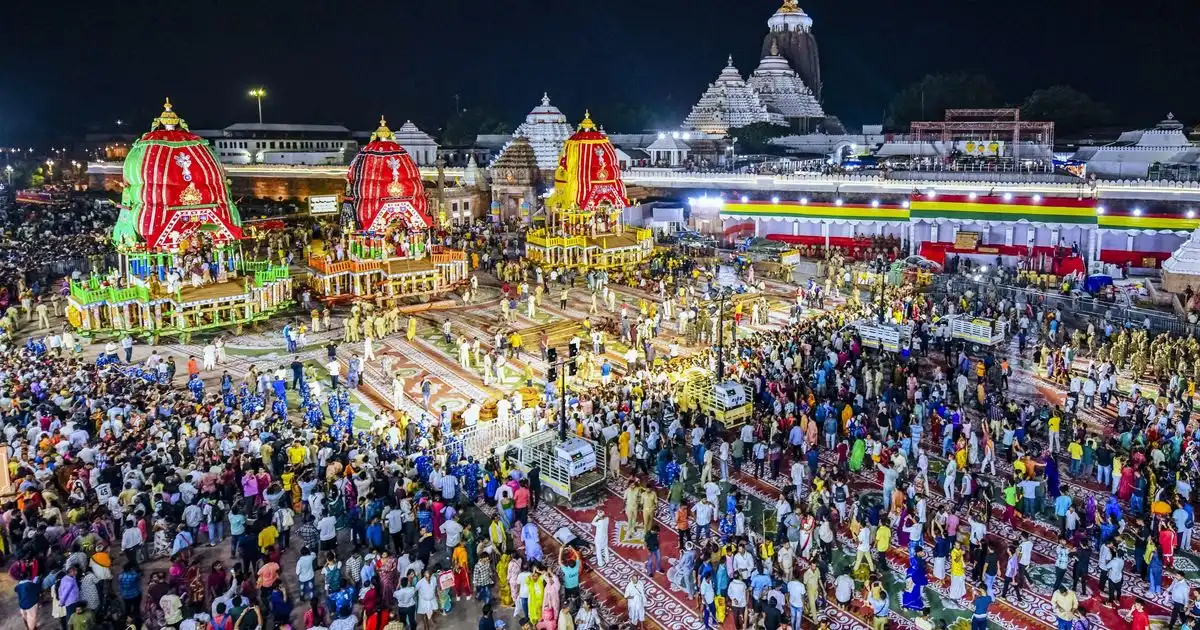Dar es Salaam, Tanzania — A prominent Tanzanian Catholic priest and vocal government critic, Fr Charles Kitima, was violently attacked on Thursday night, sparking widespread condemnation from civil society, religious leaders, and international observers ahead of the country’s general elections set for October.
Fr Kitima, who serves as the Secretary-General of the Tanzania Episcopal Conference (TEC), was assaulted by two unidentified assailants in the canteen restroom near his residence in Dar es Salaam, shortly after returning from an all-day religious meeting.
According to police, he was struck on the head with a blunt object and left seriously injured. He was rushed to the hospital, where he is now reported to be in stable condition. Eyewitnesses stated that Fr Kitima had been seen speaking with several individuals shortly before the attack. Moments later, he was found bleeding and calling for help, as two people were seen fleeing the scene.
Authorities have detained one suspect and say an investigation is ongoing to determine the motive and identify additional attackers.
The assault has shocked Tanzania’s religious and civil communities. Fr Kitima is widely known for his outspoken stance on democratic reforms, human rights, and his criticism of various government policies. His role as a senior figure within the Catholic Church has made him a respected moral voice in the country’s socio-political discourse.
The attack came just days after the Catholic Church urged the government to heed public calls for electoral reform—an issue that has been central to opposition demands. The church’s increasing involvement in advocating for justice and good governance has drawn both support and criticism in recent years.
Condemnation from All Sides
Boniface Mwabukusi, President of the Tanganyika Law Society, who visited Fr Kitima in hospital, described the incident as “a brutal attack with the intent to take his life.” He later posted on X (formerly Twitter) that the priest had urged Tanzanians not to fear “paying the price for standing up for justice and fulfilling our duties to the country.”
The U.S. Embassy in Tanzania issued a statement on Friday, calling the attack “shocking and brutal” and condemning “all acts of violence, especially those that aim to silence calls for justice, reconciliation, and human rights.” The embassy urged a transparent and thorough investigation.
Opposition figures also decried the assault. John Heche, Vice-Chairman of the opposition Chadema party, called the incident “devastating news” for the country. The Legal and Human Rights Centre echoed similar concerns, labeling the attack “heinous” and warning it damaged Tanzania’s international image.
The ruling Chama Cha Mapinduzi (CCM) party has not officially commented, but its vice-chairman, Stephen Wasira, condemned the attack and expressed sympathy for Fr Kitima.
Political Climate Tense Ahead of Elections
Tanzania is witnessing a surge in political tension as the October general elections approach. Human rights groups have raised concerns over a shrinking civic space, arrests of opposition figures, and increased surveillance of government critics.
President Samia Suluhu Hassan, addressing the rising political pressure last week, warned opposition parties that “no one is above the law.” She also pledged that her government would ensure “a free and fair election,” downplaying fears of vote rigging or political suppression.
While attacks on journalists and political dissidents have become more common in recent years, targeted violence against church leaders remains rare. The assault on Fr Kitima has, therefore, rattled both religious and civic institutions.
Religious leaders, especially within Tanzania’s Christian community—which comprises about 60% of the population—have become increasingly outspoken on matters of justice, governance, and national integrity. However, their involvement has been met with resistance from some ruling party supporters, who argue that faith leaders should remain apolitical.
As investigations continue, observers are calling on Tanzanian authorities to act swiftly and transparently, both to ensure justice and to uphold the right to peaceful political expression.




